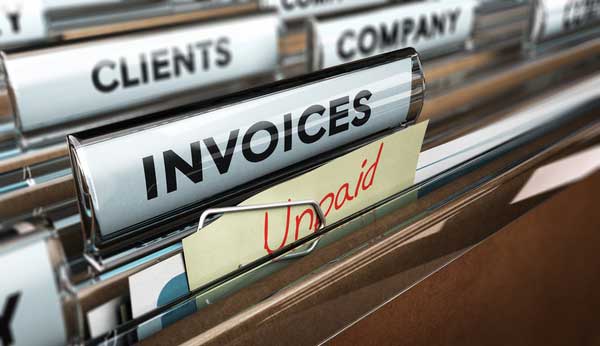The Malaysian government announced in Budget 2023 that e-invoice will be implemented starting 1st July 2024 for businesses with annual turnover exceeding MYR 100 million. E-invoice will eventually be mandated for all Malaysian businesses from 1st January 2027.
If you are wondering what exactly is e-invoice and how it will impact your business, this comprehensive guide will provide you with everything you need to know.

What is E-Invoice?
An e-invoice is a digital invoice issued and validated by the Royal Malaysian Customs Department (RMCD). It is an electronically generated invoice in a structured format like XML or JSON.
E-invoice is not just a PDF or Word document soft copy of your invoice. It has to follow the required file format stipulated by RMCD and be validated by them before the invoice can be issued to your customer.
How Does E-Invoice Work?
The e-invoice process involves:
- Generating an e-invoice in the approved format
- Validating the e-invoice with RMCD. This will be an instant or near instant validation.
- Issuing the RMCD validated e-invoice to your customer
There are two ways businesses can generate and validate e-invoices:
- Using the MyInvoice portal provided by RMCD
- Via API integration between your accounting software and RMCD’s system
MyInvoice Portal
MyInvoice is a portal by RMCD for businesses to log in and generate e-invoices. You can create, validate and issue e-invoices seamlessly through this portal.
This method does not require any integration or investment into new software. It is suitable for small businesses with low e-invoice volume.
API Integration
For larger corporations with high volume of invoices, directly integrating your accounting or ERP software with RMCD’s system can help automate and streamline the e-invoice process.
This will require custom programming and API integration between your business’s system and RMCD’s e-invoice system. The implementation guides and specs will only be available in Q4 2023.
API integration is costlier but provides seamless automation for high volume invoice issuance.

Why is Malaysia Adopting E-Invoice?
The main aim of e-invoice is to improve tax compliance and prevent tax evasion in Malaysia.
Previously, it was easy for unethical businesses to issue fake invoices to illegally reduce their tax liability. With e-invoice, all invoices have to be validated by RMCD first before issuance. This makes tax evasion much harder.
E-invoice provides a more level playing field where all businesses pay their fair share of taxes. No business can gain an unfair advantage by evading taxes.
Benefits of E-Invoicing
Here are some of the benefits e-invoice provides:
- Improved tax compliance and reduced tax evasion
- Increased transparency and accountability
- Fairer business environment
- Faster and more efficient invoicing process
- Reduced invoice fraud
- Better cash flow management with faster payments
- Lower carbon footprint by going paperless
For the government, e-invoice improves tax monitoring and collection efficiency.
What Businesses Should Do to Prepare for E-Invoice
Even though e-invoice will only be mandated for all businesses from 2027, it is best to start preparing early.
Here are some steps you can take to get ready:
- Familiarize yourself with e-invoice concept and process
- Assess your business’s invoice volume and requirements
- Evaluate if MyInvoice portal suffices or if you need API integration
- Allocate budget for any software upgrades or integration required
- Engage developer/IT team for API integration if needed
- Train accounting team on e-invoice process and software
- Test integration thoroughly before go-live
- Keep abreast of latest updates from RMCD
Even if full implementation is only required by 2027, start preparing by 2026 at the latest. Some of your customers may already adopt e-invoice before it is mandated, so being ready will allow you to continue doing business with them.
Conclusion
E-invoice will soon be a reality for all Malaysian businesses. It is a major initiative by the government to increase tax compliance and prevent fraud. Businesses should take steps to prepare their systems and processes for this upcoming change. Although official rollout is still a few years away, starting your e-invoice preparation now will ensure a smooth transition for your company.
